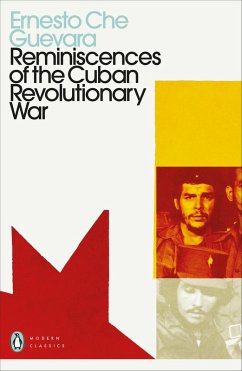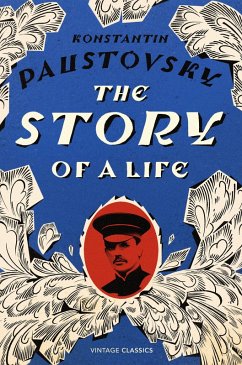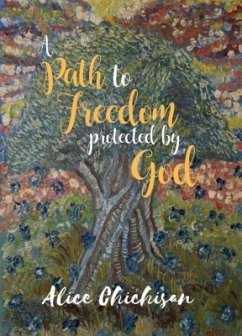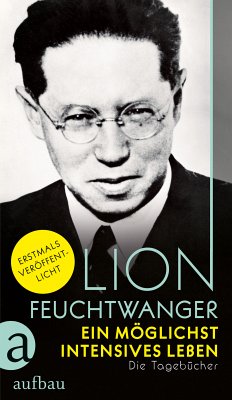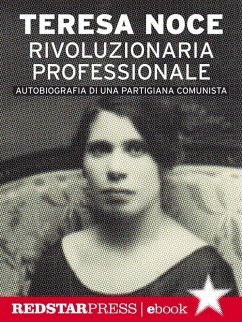
My Experiments with Truth (eBook, ePUB)
An Autobiography

PAYBACK Punkte
0 °P sammeln!
The Story of My Experiments with Truth, the autobiography of Mahatma Gandhi, is a very popular and influential book. It covers the period from his birth (1869) to the year 1921, describing his childhood, his school days, his early marriage, his journeys abroad, his legal studies and practise. The book is more about the experiments of Gandhi with truth and his Satyagraha movement, which literally means demanding the truth and nothing else. This is the very idea that helped him to fight against racism, violence and colonialism. All of this eventually helped him to achieve his dream of an indepen...
The Story of My Experiments with Truth, the autobiography of Mahatma Gandhi, is a very popular and influential book. It covers the period from his birth (1869) to the year 1921, describing his childhood, his school days, his early marriage, his journeys abroad, his legal studies and practise.
The book is more about the experiments of Gandhi with truth and his Satyagraha movement, which literally means demanding the truth and nothing else. This is the very idea that helped him to fight against racism, violence and colonialism. All of this eventually helped him to achieve his dream of an independent India.
Gandhi mentions his numerous experiments, starting from his elocution training to putting an end to his fear and shyness towards public speaking. His instances of attending singing classes and shaking a leg on the dance floor are well-described. He was a staunch vegetarian, fasted regularly and walked 10 miles daily. He studied comparative religion greatly and was a devote Hindu, but showed great respect for all religions. Gandhi didn't shy away from accepting his own mistakes and displayed commendable patience and fortitude in his personal life.
About the Author:
Mohandas Karamchand Gandhi, was the prominent figure in the freedom struggle in India from the British rule. He is also known as the 'The Father of the Nation', in India.
The author has written a number of books and some of them include Character & Nation Building, India of My Dreams, and All Men are Brothers.
The author was born on the 2nd of October, 1869, in Porbandar, Gujarat. In the year 1942, he played a key role in launching the Quit India movement, which was intended at forcing the British to leave the nation. As a result of launching this movement, he was thrown in prison and remained there for several years, due to other political offenses allegedly committed by him. At all times, he practised satyagraha, which is the teaching of non-violence. As the British rule ended, he was saddened by India's partition, and tried his best to bring peace among the Sikhs and Muslims. On the 30th of January, 1948, Mahatma Gandhi was shot dead by a Hindu nationalist, for allegedly being highly concerned about the nation's Muslim population.
The book is more about the experiments of Gandhi with truth and his Satyagraha movement, which literally means demanding the truth and nothing else. This is the very idea that helped him to fight against racism, violence and colonialism. All of this eventually helped him to achieve his dream of an independent India.
Gandhi mentions his numerous experiments, starting from his elocution training to putting an end to his fear and shyness towards public speaking. His instances of attending singing classes and shaking a leg on the dance floor are well-described. He was a staunch vegetarian, fasted regularly and walked 10 miles daily. He studied comparative religion greatly and was a devote Hindu, but showed great respect for all religions. Gandhi didn't shy away from accepting his own mistakes and displayed commendable patience and fortitude in his personal life.
About the Author:
Mohandas Karamchand Gandhi, was the prominent figure in the freedom struggle in India from the British rule. He is also known as the 'The Father of the Nation', in India.
The author has written a number of books and some of them include Character & Nation Building, India of My Dreams, and All Men are Brothers.
The author was born on the 2nd of October, 1869, in Porbandar, Gujarat. In the year 1942, he played a key role in launching the Quit India movement, which was intended at forcing the British to leave the nation. As a result of launching this movement, he was thrown in prison and remained there for several years, due to other political offenses allegedly committed by him. At all times, he practised satyagraha, which is the teaching of non-violence. As the British rule ended, he was saddened by India's partition, and tried his best to bring peace among the Sikhs and Muslims. On the 30th of January, 1948, Mahatma Gandhi was shot dead by a Hindu nationalist, for allegedly being highly concerned about the nation's Muslim population.
Dieser Download kann aus rechtlichen Gründen nur mit Rechnungsadresse in A, D ausgeliefert werden.




